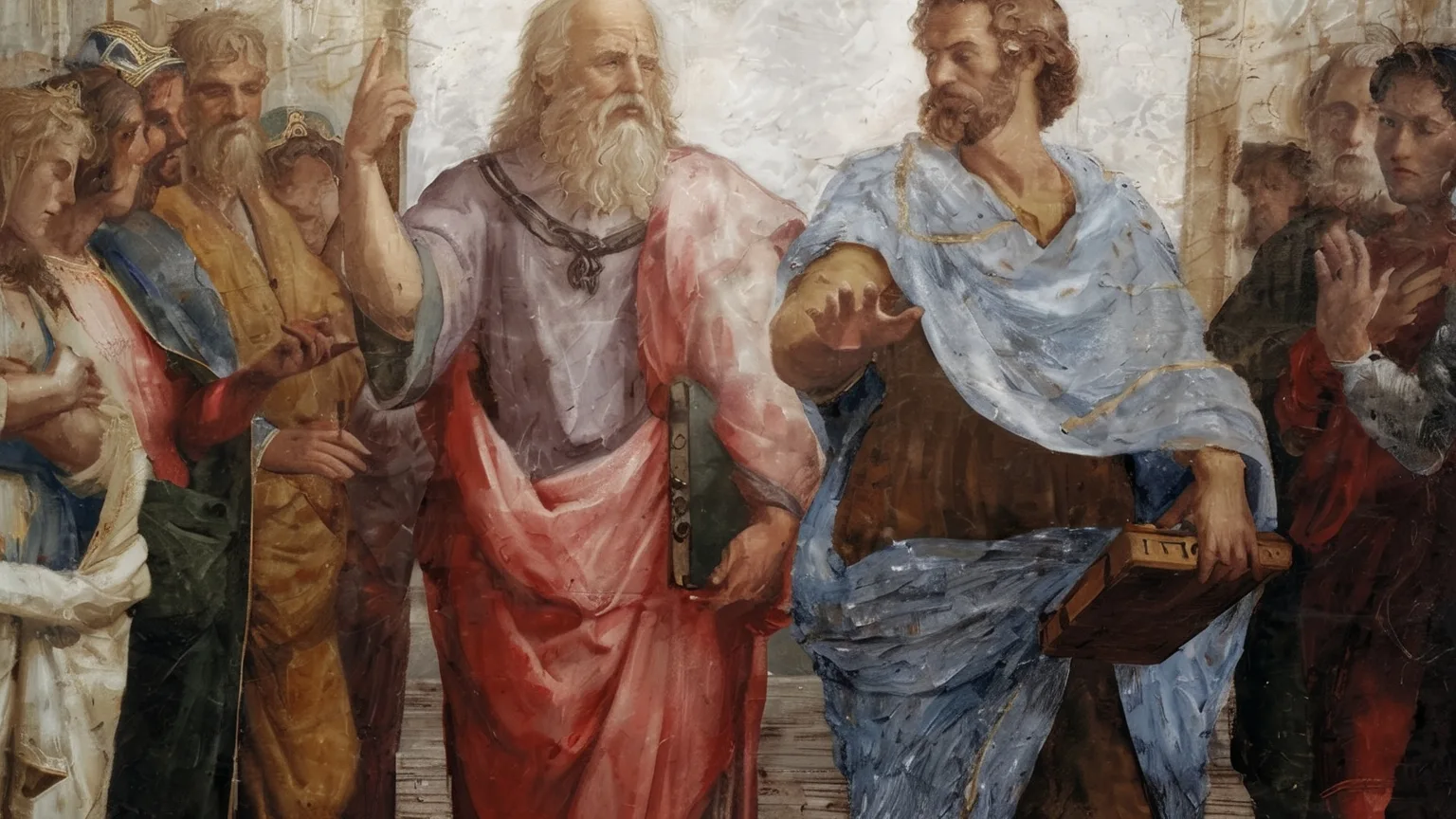Philosophy: The Eternal Quest for Wisdom
Philosophy, the love of wisdom, is one of the oldest and most profound endeavors of humanity. Unveiling the Great Minds From Socrates to Modern Times from its origins in ancient Greece to its modern interpretations, philosophy seeks to answer the most fundamental questions about existence, morality, knowledge, and the human condition. In its vast and varied history, philosophy has shaped civilizations, inspired revolutions, and provided a framework for understanding the universe and ourselves.
What Is Philosophy?
The word philosophy comes from the Greek philos (love) and sophia (wisdom). At its core, philosophy is the pursuit of truth and understanding. It asks questions that challenge assumptions, seeking clarity in areas where uncertainty dominates. Questions like:
- What is the meaning of life?
- What is the nature of reality?
- How should we live?
- What is knowledge, and how do we acquire it?
These are not merely academic inquiries but universal questions that touch every human being.
Philosophy can be divided into branches, each addressing a particular aspect of existence:
- Metaphysics: The study of being, reality, and existence.
- Epistemology: The study of knowledge and how we come to know.
- Ethics: The study of right and wrong, and how to live a good life.
- Logic: The study of reasoning and argumentation.
- Aesthetics: The study of beauty, art, and taste.
While these branches offer a framework, philosophy thrives in its ability to cross boundaries, blending disciplines and perspectives to seek a holistic understanding of life.
The Origins of Philosophy: Unveiling the Great Minds From Socrates to Modern Times
Philosophy as we know it began in ancient Greece with the Pre-Socratic thinkers, such as Thales, who sought to explain the natural world without recourse to mythology. However, it was Socrates who revolutionized philosophy by focusing on ethics and human behavior, questioning the moral and intellectual foundations of his society.
Socrates’ method—relentless questioning to uncover assumptions—laid the foundation for Western philosophical inquiry. His disciple Plato expanded on his ideas, exploring metaphysics and the nature of ideal forms, while Plato’s student Aristotle systematized knowledge, contributing to logic, ethics, biology, and more.
In the East, philosophical traditions like Confucianism, Taoism, and Buddhism emerged, offering profound insights into ethics, harmony, and the nature of existence. These schools of thought paralleled and often complemented Western ideas, showing that the human desire for wisdom transcends cultural boundaries.
The Most Influential Philosophers
Philosophy’s rich history is populated by towering figures whose ideas have shaped humanity’s intellectual journey. Here are some of the most influential philosophers of all time:
1. Socrates (470–399 BCE)
The father of Western philosophy, Socrates never wrote down his teachings. Instead, his ideas are preserved through the dialogues of his student Plato. Socrates emphasized the examined life and moral integrity, making him a model of intellectual courage and inquiry.
2. Plato (427–347 BCE)
Plato’s Republic and Timaeus explore justice, politics, and metaphysics. His theory of ideal forms has influenced countless philosophers and remains a cornerstone of Western thought.
3. Aristotle (384–322 BCE)
A polymath, Aristotle laid the groundwork for fields ranging from biology to metaphysics. His Nicomachean Ethics and Politics offer enduring insights into virtue and the organization of society.
4. René Descartes (1596–1650)
Known as the father of modern philosophy, Descartes’ famous dictum, “I think, therefore I am,” underpins his exploration of doubt, knowledge, and the self.
5. Immanuel Kant (1724–1804)
Kant’s Critique of Pure Reason revolutionized epistemology and metaphysics, arguing that our understanding of the world is shaped by innate structures of thought.
6. Friedrich Nietzsche (1844–1900)
A provocative thinker, Nietzsche challenged traditional morality and religion, emphasizing the will to power and the concept of the Übermensch. His works like Thus Spoke Zarathustra continue to spark debate.
7. Simone de Beauvoir (1908–1986)
A pioneer of existentialist and feminist thought, Beauvoir’s The Second Sex examines the social construction of gender and the oppression of women.
8. Jean-Paul Sartre (1905–1980)
A leading existentialist, Sartre explored freedom, responsibility, and the human condition in works like Being and Nothingness.
9. Ludwig Wittgenstein (1889–1951)
Wittgenstein’s Tractatus Logico-Philosophicus and later works on language and meaning revolutionized analytic philosophy.
10. Contemporary Philosophers
Modern thinkers like Martha Nussbaum, Slavoj Žižek, and Daniel Dennett continue to shape philosophy, addressing pressing issues like justice, technology, and consciousness.
Philosophy in Daily Life
Philosophy is not confined to the classroom or ivory towers—it is a practical tool for navigating life. By engaging with philosophical ideas, we can gain clarity in decision-making, cultivate resilience, and develop a deeper understanding of ourselves and the world.
For example:
- Stoicism, rooted in the teachings of figures like Epictetus and Marcus Aurelius, offers guidance on dealing with adversity and focusing on what we can control.
- Existentialism encourages us to take responsibility for our choices and find meaning in our lives, even in the face of uncertainty.
- Ethics helps us navigate moral dilemmas, fostering empathy and fairness in our interactions with others.
Philosophy reminds us that while we may never have all the answers, the act of questioning itself enriches our lives.
Recommended Books for Beginners
To dive into philosophy, here are some essential books that introduce foundational ideas:
- Plato’s Republic – A classic exploration of justice, politics, and the ideal society.
- Meditations by Marcus Aurelius – Stoic reflections on resilience and virtue.
- Descartes’ Meditations on First Philosophy – A journey into doubt and certainty.
- Nietzsche’s Beyond Good and Evil – A provocative challenge to traditional morality.
- Simone de Beauvoir’s The Ethics of Ambiguity – An accessible introduction to existentialist thought.
The Journey Ahead
At Escaping Reality, we believe philosophy is a path to unveiling the great minds from Socrates to modern times and deeper understanding and transformation. Over the coming months, we will explore the lives and works of the most influential philosophers in greater depth. Each thinker offers unique insights into the mysteries of existence and the pursuit of wisdom.
Whether you are a newcomer eager to learn or a seasoned philosopher seeking fresh perspectives, this journey is for you. Together, we will uncover the timeless truths that philosophy offers, enriching our lives and expanding our horizons.
The odyssey of wisdom awaits.



